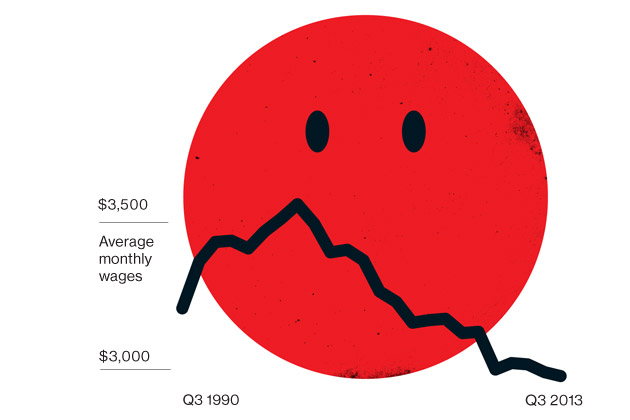Photo shows Japan’s spacecraft is lying on its side on the moon
The Japanese robotic spacecraft that touched down on the moon’s surface on Friday did so despite an engine malfunction, but it still was able to land at its intended site, the Japanese Aerospace Exploration Agency (JAXA) announced Thursday.
The landing was within 180 feet of its goal, an impact precise enough to be hailed as a major accomplishment.
While still intact, the spacecraft, which had no one on board, came to a rest on its side, it appeared from an image released by the country’s space agency, which said the spacecraft ended up “in a different attitude than planned.” Since the spacecraft was not upright, its solar cells weren’t able to generate power, forcing the spacecraft to shut down shortly after landing. On Thursday, the space agency said that it was still possible for the spacecraft to start generating power once the sunlight shifts to a position where it would illuminate the cells. Two small probes did deploy, however, and one sent back the image of the spacecraft on the lunar surface. The Japanese spacecraft, known as SLIM, or Smart Lander for Investigating Moon, is about the size of a delivery truck and was designed to use cameras and sensors to land precisely.
More From The Washington Post (subscription required):
























